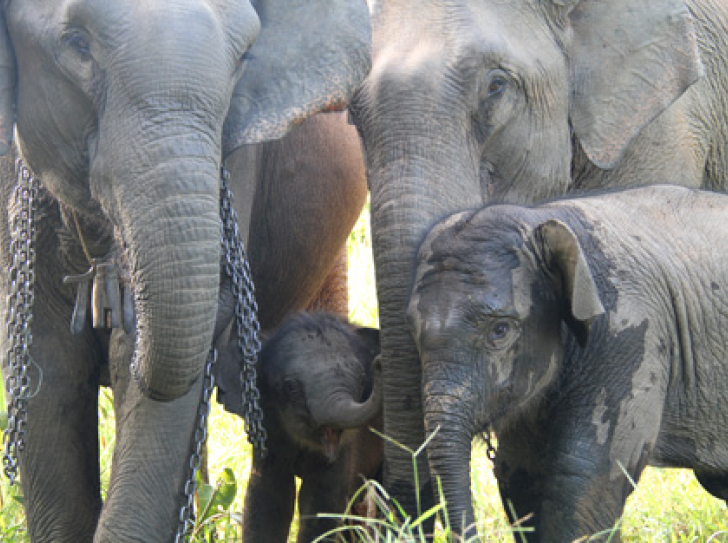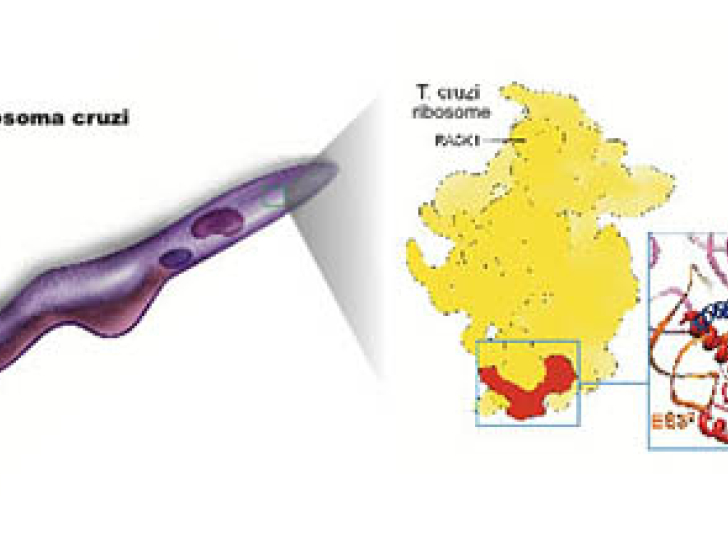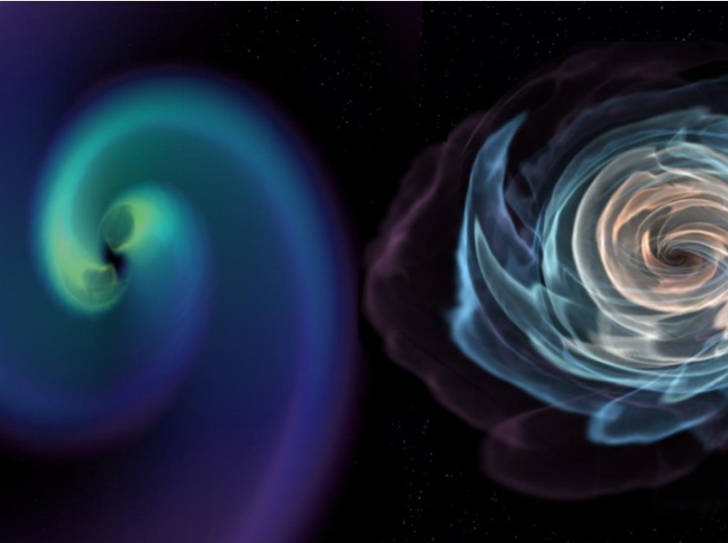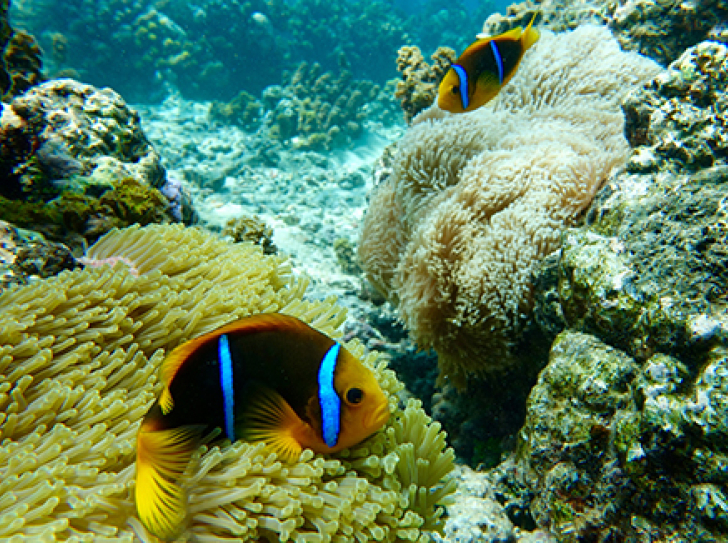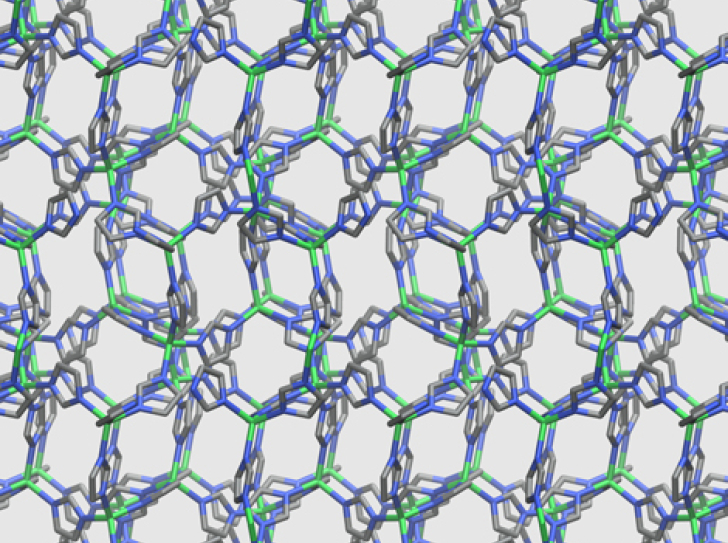News round-up
805 results
Press
Ensuring the survival of elephants in Laos: a matter of economics
Asian elephant populations in Laos, which are under a process of commodification, have dropped by half in the last 30 years. According to…
Read more
Press
Discovery of a potential therapeutic target to combat trypanosomes
Yaser Hashem's team at the Laboratoire Architecture et Réactivité de l'ARN at CNRS's has discovered a new potential therapeutic target – located in…
Read more
Press
Water striders illustrate evolutionary processes
How do new species arise and diversify in nature? Natural selection offers an explanation, but the genetic and environmental conditions behind this…
Read more
Press
World first for reading digitally encoded synthetic molecules
For the first time ever, using mass spectrometry, researchers have successfully read several bytesA byte is a segment of information consisting of…
Read more
Press
Gravitational waves shed first light on mergers of neutron stars
This is a major breakthrough in more than one respect. The scientists of the LIGO-Virgo Collaboration (which includes the CNRS) have for the first…
Read more
Press
Augmented tongue ultrasound for speech therapy
A team of researchers in the GIPSA-Lab (CNRS/Université Grenoble Alpes/Grenoble INP) and at INRIA Grenoble Rhône-Alpes has developed a system that…
Read more
Press
Gutters teem with inconspicuous life
Scientists from the BOREA Biology of Aquatic Organisms and Ecosystems research unit (CNRS / MNHN / IRD / UPMC / University of Caen / Université des…
Read more
Press
When anemones bleach, clownfish suffer
The bleaching of corals is a well-known consequence of climate change. What is less widely known is that sea anemones suffer the same fate, and this…
Read more
Press
Major cities concentrate less scientific production
The world's major cities, such as New York, London, and Tokyo, are losing their predominant position in the production and circulation of scientific…
Read more
Press
When a porous solid retains its properties in liquid form
Known for their exceptional porosity that enables the trapping or transport of molecules, metal-organic frameworks (MOFs) take the form of a powder,…
Read more

